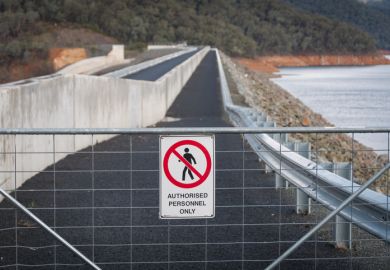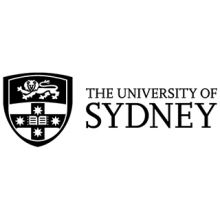Australian universities may be funded to admit more domestic students, as a coronavirus-induced crash of foreign enrolments puts budgets to the sword.
Any suggestion that universities could qualify for the government’s latest bailout package appears to have been overturned, as a slimmed down parliament reconvenes on 8 April to debate the underpinning legislation.
But while education minister Dan Tehan has batted off questions over whether universities should be given financial assistance to compensate for plummeting international revenue, he has signalled a potential boost for domestic places.
“Absolutely my focus…is to make sure that we are looking after our domestic students,” he told ABC Radio. “We’ve seen a declining domestic load but the expectations are [for] an increase over time. Our focus is on domestic students and making sure that our universities can support them.”
The sector had hoped that the recently announced JobKeeper Payment subsidy scheme may offer a lifeline following catastrophic losses of international fee revenue.
In an 8 April update to staff, University of Sydney vice-chancellor Michael Spence estimated Covid-19 related losses would be A$470 million (£234 million) this year, mainly because of a 17 per cent shortfall in international enrolments. UNSW Sydney says it faces a budget shortfall of about A$600 million – one-quarter of annual income – while the University of Queensland estimates losses of between A$240 million and A$480 million after foreign student numbers fell 20 per cent.
La Trobe University last month predicted a downturn of up to A$60 million from the coronavirus and other factors – a figure since revised to A$150 million.
Universities’ hopes had been buoyed by a weekend change to JobKeeper eligibility which enables registered charities to qualify for subsidies if they stand to lose 15 per cent of their revenue – down from the threshold of at least 30 per cent for other organisations.
But the government has since indicated that universities will have to meet the higher eligibility benchmark, even though they are registered charities. And with the JobKeeper legislation now released, any possibility of a last minute amendment appears to have vanished.
Eligibility details for the scheme will not be set out in legislation but in separate rules determined by treasurer Josh Frydenberg, according to an accompanying document.
Mr Tehan’s comments could give heart to advocates of a return to Australia’s demand-driven system. Last year he acknowledged that current funding arrangements would not accommodate a looming spike in domestic demand that was predicted before the pandemic’s emergence.
In February, Mr Tehan said he would ease restrictions on how universities could use their teaching grants ahead of a possible appeal to treasury for more funding. In early April, he told The Age that the government was considering relaxing graduate employment benchmarks that universities must meet to access performance-based funding.
Nevertheless, university representatives are aggrieved over the sector’s sidelining from the JobKeeper scheme. Few if any institutions will be able to demonstrate steep enough revenue losses to qualify.
International education lobbyists are furious that foreign students are ineligible, after the coronavirus decimated the part-time jobs market that many depend on to pay rent and buy food.
The Australian Council of Graduate Research is among the latest to protest, warning that the oversight could force foreign PhD students to quit. “Now, more than ever, Australia needs its research students,” said council convener Al McEwan.
Register to continue
Why register?
- Registration is free and only takes a moment
- Once registered, you can read 3 articles a month
- Sign up for our newsletter
Subscribe
Or subscribe for unlimited access to:
- Unlimited access to news, views, insights & reviews
- Digital editions
- Digital access to THE’s university and college rankings analysis
Already registered or a current subscriber?














